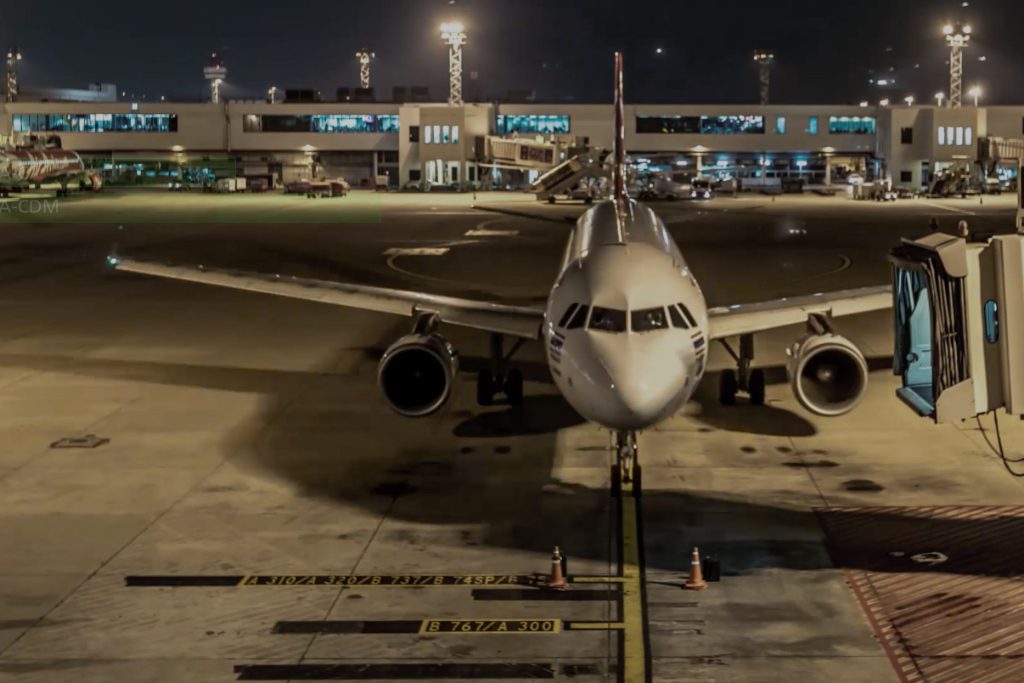Skift Tech Forum: Amadeus Says Computer Vision Models Will Disrupt Aviation Tech

Skift Take
Computer vision algorithms will have a huge impact on airline and airport operations, according to Marion Mesnage, who heads up the research and innovation team at Amadeus, the travel tech giant.
Amadeus, the world's largest travel technology company, recently created a research and innovation unit by regrouping efforts scattered across the organization.
Head of Research and Innovation Marion Mesnage leads the team, overseeing about 80 researchers, data scientists, business specialists, and experts in innovation management. The mission, she says, is to identify and turn new ideas into value for Amadeus, its customers, and travelers.
For example, the team drives the innovation part of the Accenture Amadeus Alliance, an organization that combines the digital transformation expertise of Accenture and the airline knowledge of Amadeus. Mesnage's division als

